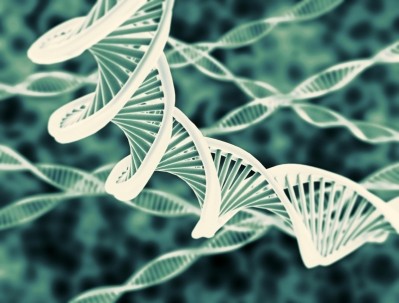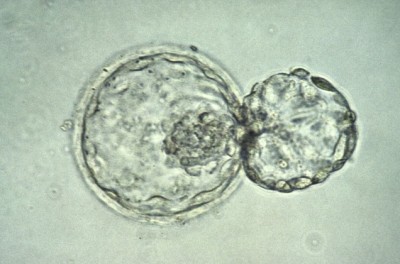CRISPR tech raises urgent ethical questions, say original DNA pioneers

At a meeting sponsored by the Innovative Genomics Initiative at the University of California, Berkeley, experts said because CRISPR-Cas9 can make changes to human DNA that will be passed on to future generations, its use poses “unknown risks to human health and well-being.”
Developers of the CRISPR-Cas9 technology, and experts in genetics, law, and bioethics, including some of the leaders of the 1975 Asilomar Conference on Recombinant DNA, were at the event.
‘Unintended consequences’
Attendees said in a paper published afterwards that researchers, the pharma industry, regulators, and the public should begin a “discussion” about responsible uses of CRISPR.
They drew attention both to safety and efficacy issues, and to the broader social consequences of a technology which can alter human DNA.
CRISPR-edited cells and tissues should be studied for side effects – or “off-target alterations” – as well as “on-target events that have unintended consequences,” before the tech is used in any clinical trials, said the group.
Even if CRISPR is proved safe and effective, bioethical questions remain.
“The possibility of human germline engineering has long been a source of excitement and unease among the general public, especially in light of concerns about initiating a ‘slippery slope’ from disease-curing applications toward uses with less compelling or even troubling implications,” said the paper’s authors.
The scientific world must debate whether curing severe diseases caused by genetic mutations is a responsible use of the technology, given the “potential for unintended consequences of heritable germline modifications” and the limits of our knowledge about human genetics and disease pathways, they said. One condition may interact with another in the same patient, for instance.
Regulator
The group concluded the standard assessment of new therapies by the US FDA, Investigational New Drug applications, lacks the scope for “deeper consideration of the ethical implications.” Instead, they called for a “globally representative group of developers and users” to debate and recommend policies, and forums for scientists to educate each other about the tool.
In the meantime, countries without a strong regulator, where human germline genome modification is technically legal, should be “strongly discourage[d]” from using CRISPR in clinical experiments, the paper advocates. Regions with developed science sectors currently ban or heavily regulate gene editing in humans.
CRISPR-Cas9: a gene revolution
CRISPR (clustered regularly interspaced short palindromic repeats) tech engineers changes to the DNA in cell nuclei – either introducing or correcting genetic mutations.
These alterations are reproduced in the next generation – an organism’s germline.
The tool has the power to dramatically advance molecular biology, bringing within reach experiments that were previously too complex or expensive.
CRISPR has been used to treat disease in animal models by knocking in and out defects. CROs – such as Horizon – are also using the technique to engineer non-human cell lines for research.
Read BioPharma-Reporter.com’s coverage of the patent battle to own rights to CRISPR here and here.
Source: ‘A prudent path forward for genomic engineering and germline gene modification,’ Science, David Baltimore, et al., March 19, 2015.
















